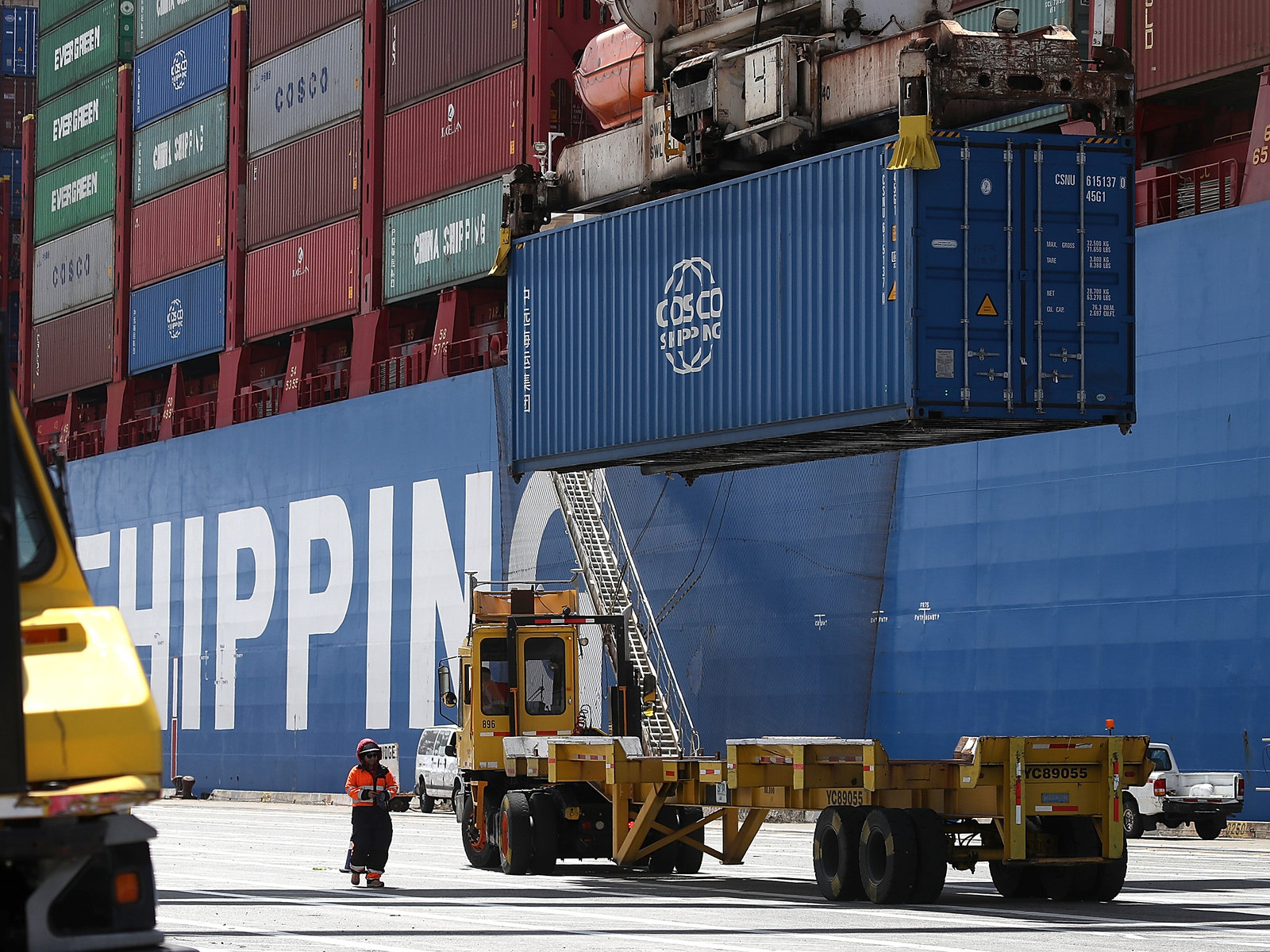Media Report

- NPR reports: "As the day dawned across the U.S. on Friday, a new economic reality dawned with it: The tariffs long threatened against billions of dollars in Chinese goods took effect just at midnight ET while many Americans were sleeping — but Beijing was ready immediately with a wake-up call of its own. The new trade regulations imposed by the Trump administration, which levy a 25 percent tariff on $34 billion worth of Chinese imports to the U.S., have "violated [World Trade Organization] rules and launched the largest trade war in economic history to date," China's Ministry of Commerce declared in a statement Friday. And Chinese authorities quickly retaliated with equivalent tariffs on $34 billion worth of imported U.S. goods — previously promised as ranging from vehicles to soybeans, beef and other agricultural products."
- USA Today reports: "The Chinese government said Friday that it "immediately" retaliated against increased U.S. tariffs on Chinese imports as President Donald Trump's administration effectively launched a trade war with its most important trading partner. China's foreign ministry in Beijing said that tit-for-tat duties on U.S. goods took effect straight away after Washington's 25% tariff on $34 billion worth of Chinese goods kicked in at 12:01 a.m. ET on Friday. The ministry gave few other details. Beijing had previously flagged that China would make a "necessary counterattack" if needed on a similar amount of U.S. exports including soybeans and cars."
- The Washington Post comments: "The first round of U.S. tariffs on China takes effect Friday: Will July 6, 2018, turn out to be a date that lives in economic infamy, like June 17, 1930, the day President Herbert Hoover signed the Smoot-Hawley Tariff Act? By itself, Mr. Trump's opening salvo, a 25 percent tariff on 818 Chinese imports, worth $34 billion a year, amounts to a rounding error as compared with the overall size of the U.S. and Chinese economies. Moreover, it's not inherently misguided to get tough with China over its relentless mercantilism, which has long disadvantaged U.S. businesses and which more recently took the form of a "Made in China 2025" policy that seeks dominance for the People's Republic in cutting-edge technology. Alas, Mr. Trump seems fixated on tariffs as a means to a far less legitimate, far less realistic (and far more simplistic) goal: reducing the merchandise trade deficit, which was $376 billion last year, between the United States and China."
Calendar
- 2018-07-05 China says U.S. 'opening fire' on world with tariffs, vows to respond
- 2018-07-04 Trump tariff salvo triggers anxiety for US chipmakers
- 2018-07-03 China's big bond experiment is about to go through a rough patch
- 2018-07-02 Trump Trade War Arrives in the Data as China Awaits Tariffs
- 2018-06-29 State Department risks China's ire with request for US Marines in Taiwan
- 2018-06-28 Xi Warns Mattis China Won’t Surrender ‘One Inch’ of Territory
- 2018-06-27 Trump Backs Softer Restrictions on Chinese Investment
- 2018-06-26 Why markets don't like US investment restrictions on China
- 2018-06-25 Trump plans to bar China from investing in US tech firms and block more tech exports
- 2018-06-24 US to give North Korea post-summit timeline with 'asks' soon: official
News
- CNBC More than a third of Chinese millionaires want to leave China, here's where they want to go
- NPR China Says U.S. Has Begun 'Largest Trade War' In History, Retaliates With Tariffs
- USA Today Trump launches $34 billion trade war and China 'immediately' fires back
- CNBC Here are the products China and the US are targeting in their trade war
- CNN China: The US has started 'the biggest trade war' in history
- The New York Times China Strikes Back at Trump's Tariffs, but Its Consumers Worry
- CNBC Asian shares bounce back after earlier losses; China responds to US tariffs
- CNBC The dire ripple effect from a US-China trade war: A drop in foreign investment worldwide
- Bloomberg Copper's Collapse Deepens as Trump Escalates Spat With China
- CNBC US private citizen cites mystery illness symptoms after visiting China
- CNN China's first authorized sex educators to break decades of silence
- CNBC As China exchanges retaliatory tariffs with the US, it may play 'tit-for-tat game at sea' with Tokyo
Commentary
- Bloomberg Welcome to Your Trade War, World
- Rappler Time for a different narrative on maritime dispute with China
- The Washington Post Can China build an anti-U.S. alliance?
- Red Deer Advocate Opinion: America's trade war with China
- Tech Crunch China VC has overtaken Silicon Valley, but do aggregate numbers tell the whole story?
- The Washington Post Will Trump's splendid little trade war live in infamy?
- The Hill Americans to be first casualties of Trump's looming trade war
- Bloomberg Why Soybeans Are at the Heart of the U.S.-China Trade War
